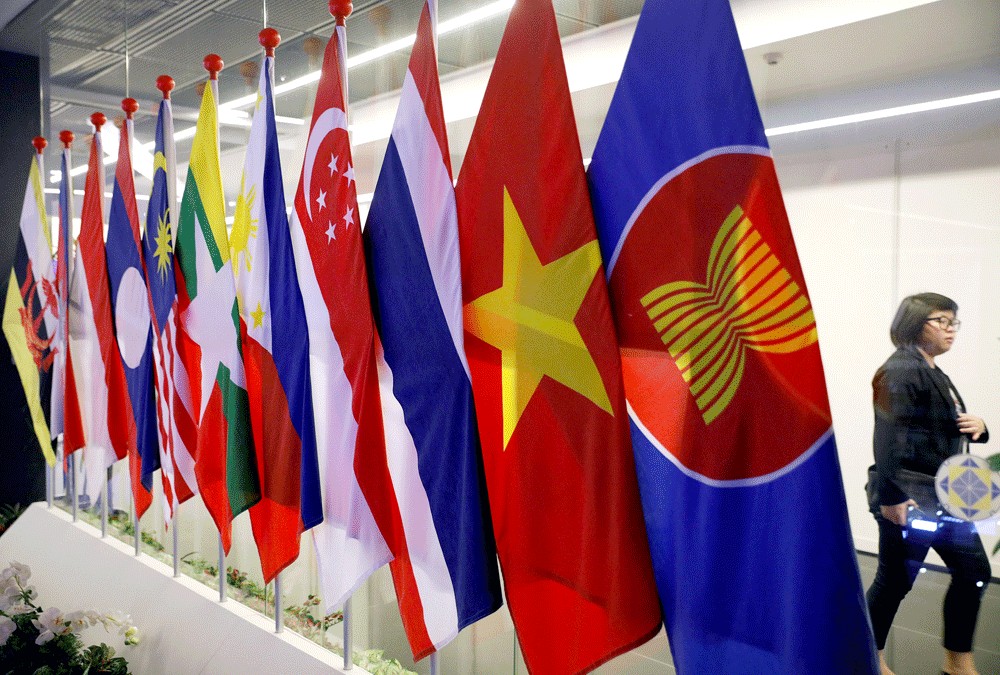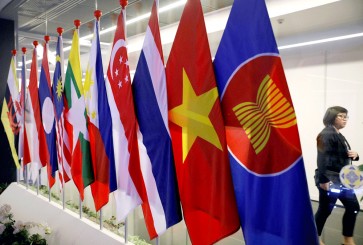Popular Reads
Top Results
Can't find what you're looking for?
View all search resultsPopular Reads
Top Results
Can't find what you're looking for?
View all search resultsKorea, ASEAN set to navigate another 30 years ahead
Back in the 1990s, the world went through unexpected turbulence. A long-standing dichotomy of Cold War ended with two historic moments, the unification of Germany and the disintegration of the Soviet Union.
Change text size
Gift Premium Articles
to Anyone
B
ack in the 1990s, the world went through unexpected turbulence. A long-standing dichotomy of Cold War ended with two historic moments, the unification of Germany and the disintegration of the Soviet Union.
Francis Fukuyama, an American political pundit, seemed to be undoubtedly right to predict the win of liberalism over other political systems when the political classic, The End of History, was published in 1989. Indeed, liberalism, democracy and market economy were zeitgeist in the 1990s.
Regional integration was propelled by the tailwind of global optimism and liberalism. In 1992, the Maastricht Treaty was signed to give birth to today’s European Union. The treaty resulted in forming of a common market, adopting a single currency, Euro, and designing common foreign and defense policy. This was unprecedented and “ever-closer” regional integration as EU echoed for its slogan.
Regional cooperation was on the rise in Asia as well. Today’s ASEAN was completed once the 10th member, Cambodia, joined the league back in 1999. With the wind behind, ASEAN established ASEAN Regional Forum (ARF), a regional security dialogue, in 1994 and ASEAN Plus Three (APT), which comprises Korea, China and Japan, in 1997.


















